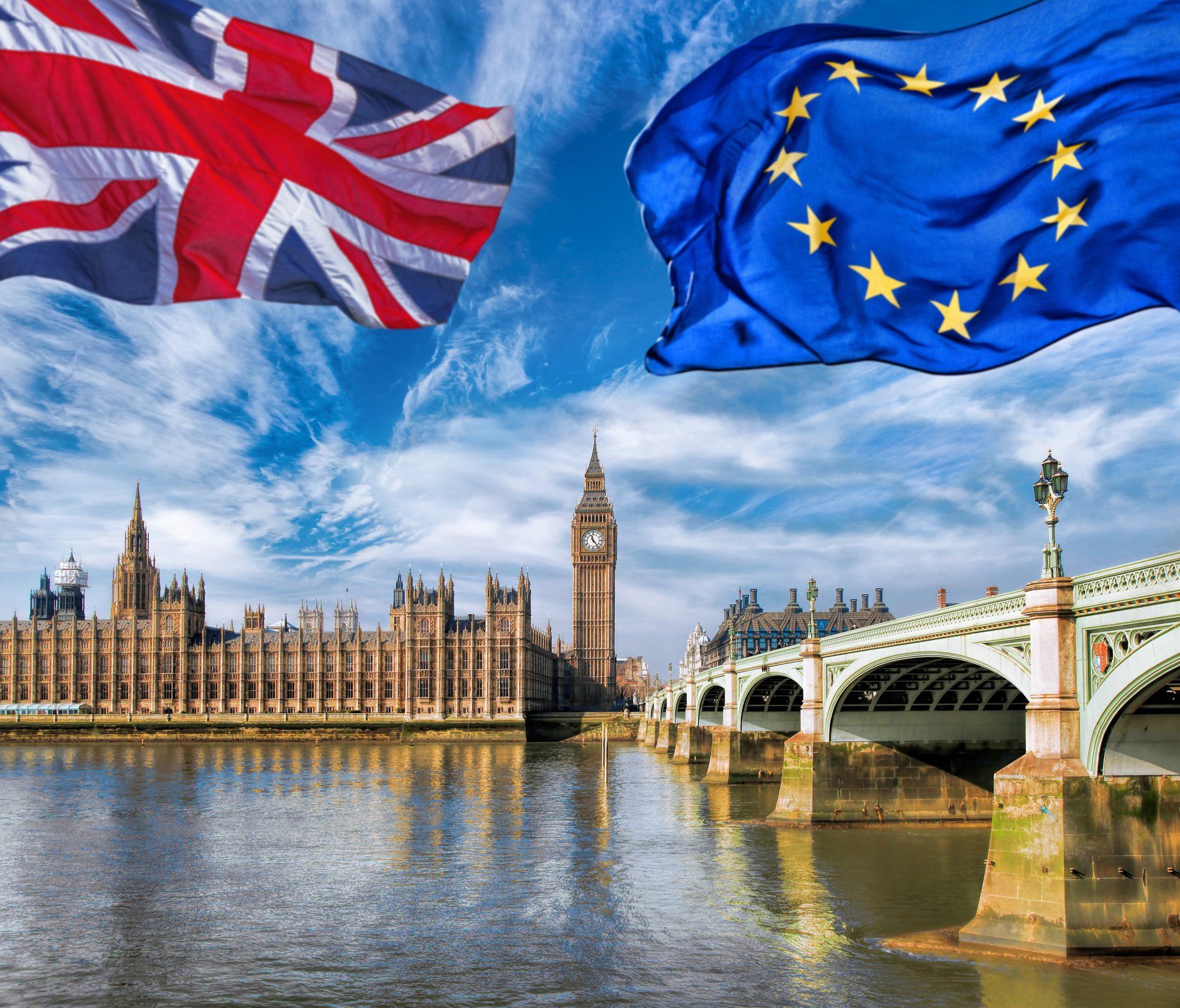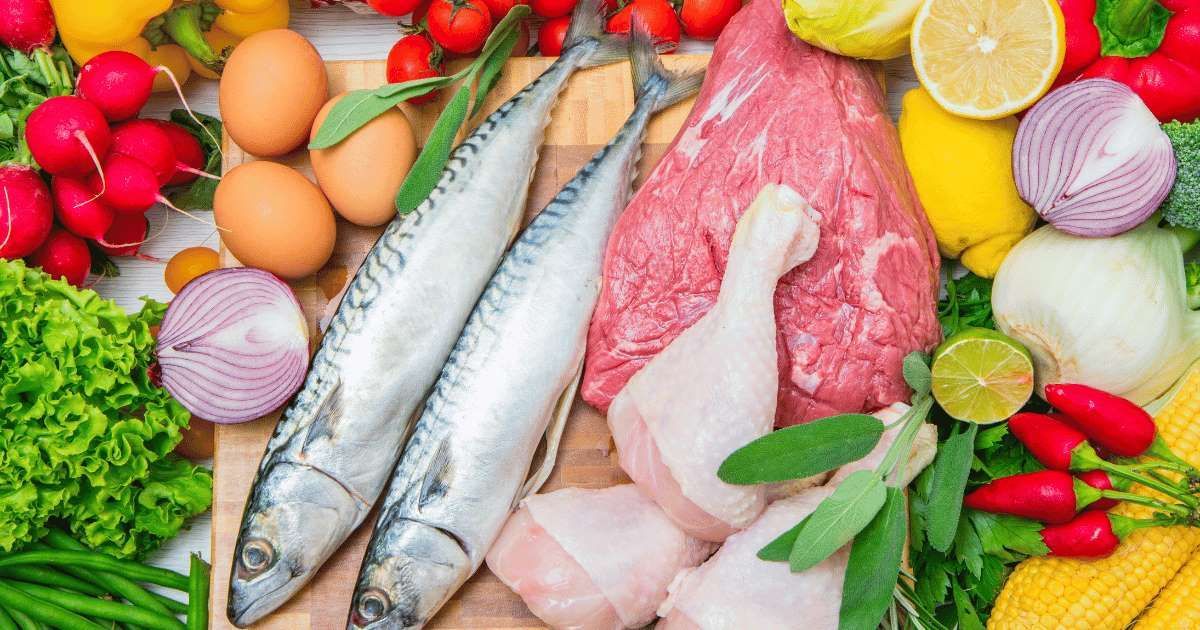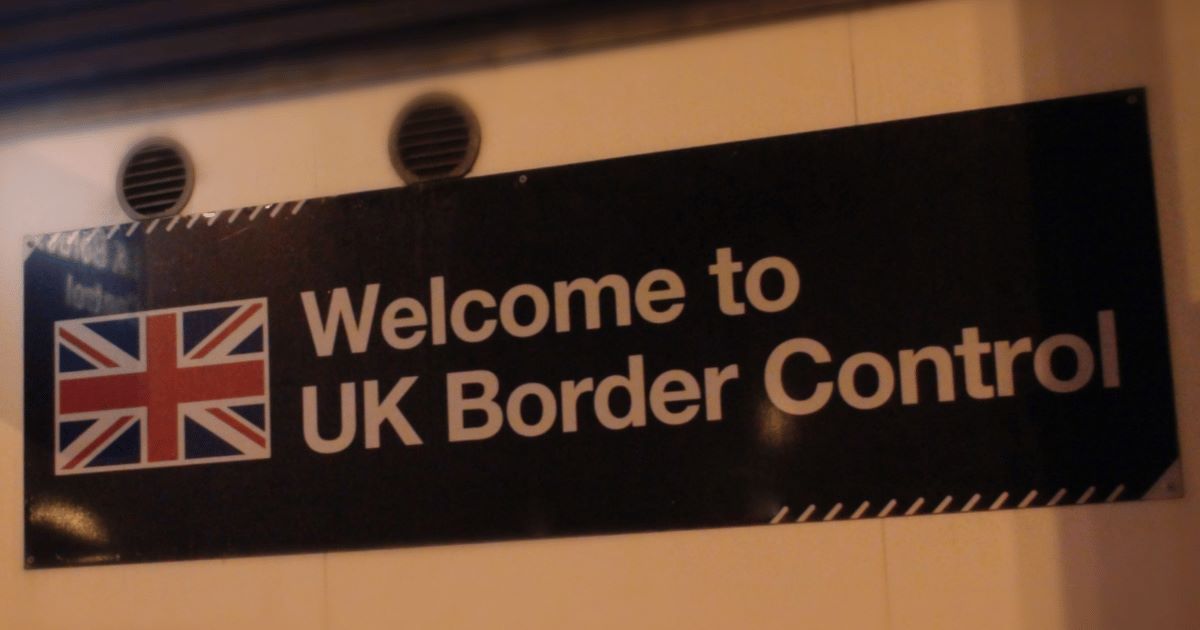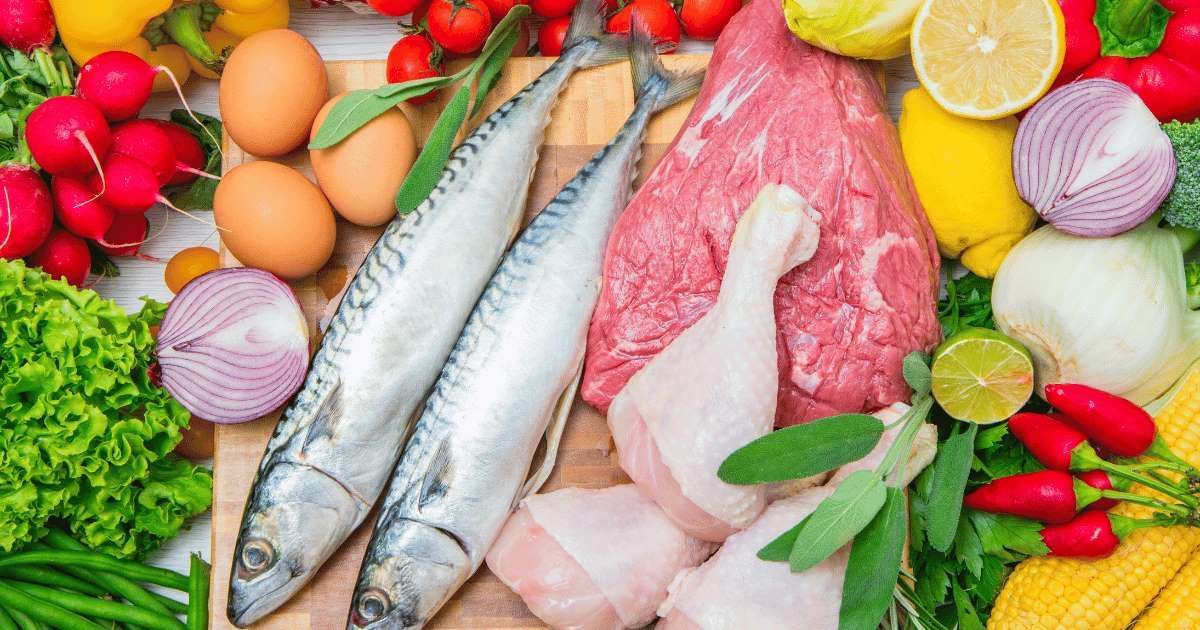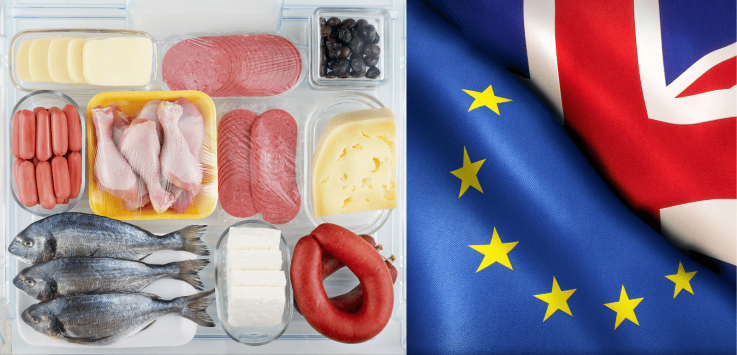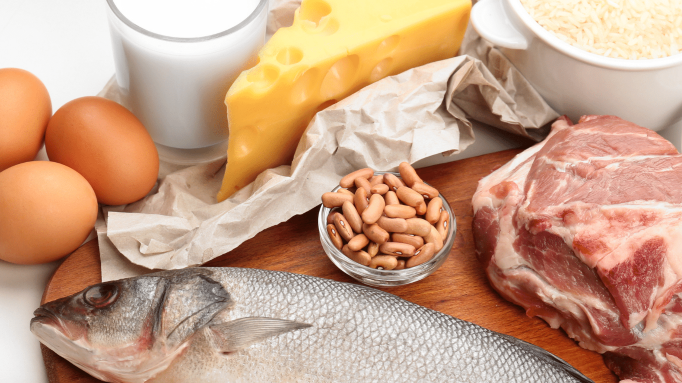
The remaining food import controls on EU goods will no longer be introduced this year, the government has announced. The government will now review how to implement these remaining controls and will introduce the new Target Operating Model for 2023, which will be based on an assessment of risk and will harness the power of data and technology.
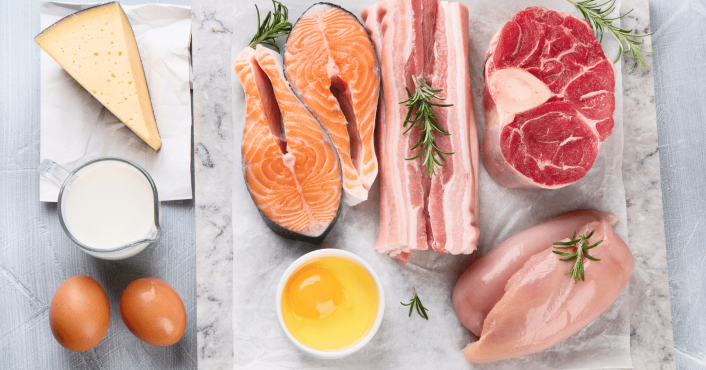
During 2022, the UK government will introduce the final stages of post-Brexit controls on imported foods coming into Great Britain. What is IPAFFS? What are CHEDs? What are Export Health Certificates? What are Phytosanitary Certificates? What is a Border Control Post (BCP)? What are Port Health Checks? What are Composite Products? What are Sanitary and phytosanitary (SPS) Measures?

Many establish supply chains across the EU utilise distribution centres within GB for cost-effective bulk storage of a wide range of products that can be ordered by customers within GB and the EU. There are now difficulties concerning this important route to market due to the rules of origin stated within the TCA. Under the current rules, products imported from the EU into GB qualify for zero tariffs. If the same goods are then supplied to a customer within the EU, full tariffs are due on re-importation back into the EU.
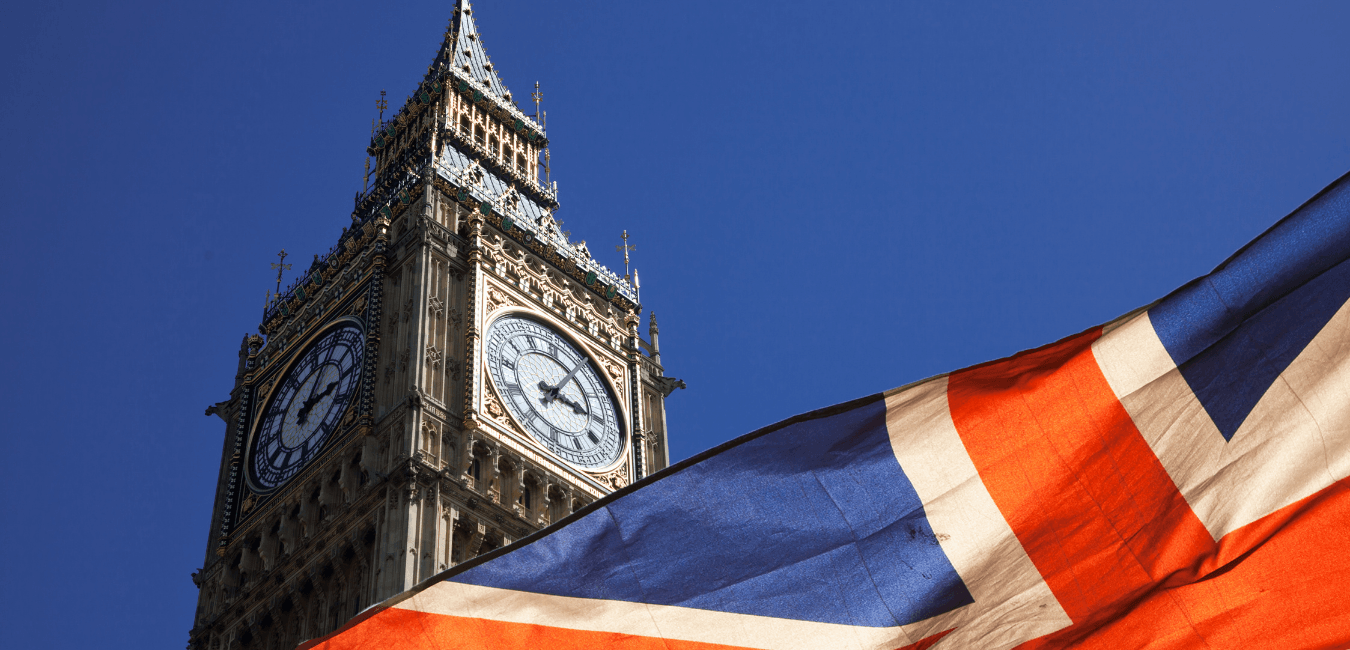
We have been developing contingency plans to ensure our customers’ products are delivered correctly after 1 January 2021. Significant changes will occur once the UK has left the EU. All UK businesses will be required to provide Customs documentation for products exported to, or imported from the EU, even with the ‘EU Deal’ on Brexit.
Get in touch
Due to the nature of my work, it's typically easiest to complete this form and I will get back to you.


